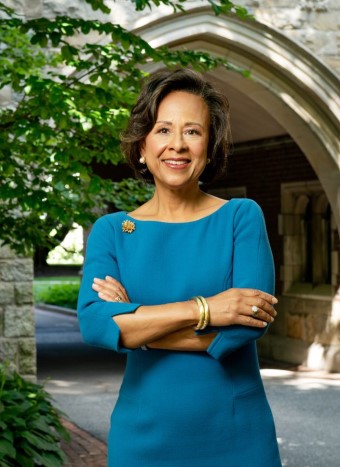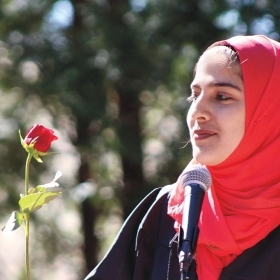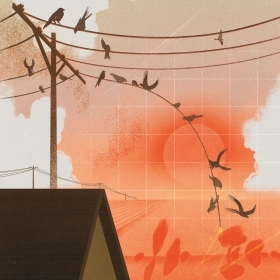
As I write this, we are in the midst of a global pandemic. Last week, we made the profoundly sad but essential decision to send students home for the rest of the academic year. On March 30—just 10 days from now—classes will resume through remote instruction, thanks to the truly heroic efforts of faculty and staff. I am so grateful for their service during this uniquely challenging time.
So much is unknown and uncertain. Yet one thing is crystal clear: the boundless strength and resilience of the Wellesley community.
I see this everywhere. Always the trailblazers, alumnae have leapt into action, with offers of housing, financial support, and so many other things. Faculty and staff work tirelessly to manage a logistical and human crisis. And amidst it all, our students come together in remarkable ways.
One of these caught the attention of the New York Times, which documented the so-called Class of COVID-19’s “fauxmencement” ceremony. One by one, seniors stepped up and shared a few words of reflection. (In lieu of diplomas, they collected flowers.) There was Hooprolling and Stepsinging, grief and celebration, beautifully captured in a March 17 photo spread.
The proceedings were especially poignant to me, as I embarked on my own Wellesley career with this red class of 2020. As a physician who has worked in public health, I was admittedly not happy to get word of this impromptu gathering, yet as Wellesley’s president, I was also deeply touched. What an extraordinary show of resourcefulness and resilience. What an extraordinary show of love for Wellesley and for each other.
That same feeling of love is palpable among our alumnae, as you embrace each other—and our students—ever more closely. “I wish these Wellesley babies could have been introduced to the alum network under better circumstances but HELLO, welcome, we ♥ you, hang in there,” tweeted Melanie Bellini ’12. At last count, almost 600 alumnae had given to Wellesley to help cover students’ moving and travel expenses. The Wellesley Students’ Aid Society was an outstanding partner, providing much-needed immediate support. Alumnae are also reaching out to older graduates living in nursing homes or otherwise at risk of feeling isolated.
I want to give a special salute to the many Wellesley alumnae on the front lines in health care and other first responders and those providing essential services. I know there are hundreds, if not thousands, of you, and we look forward to hearing—and celebrating—your stories in the months to come.
In these harrowing times, our Latin motto feels piercingly resonant. Non Ministrari sed Ministrare. Not to be ministered unto, but to minister. I hope that, after this emergency, we build on this momentum.







We ask that those who engage in Wellesley magazine's online community act with honesty, integrity, and respect. (Remember the honor code, alums?) We reserve the right to remove comments by impersonators or comments that are not civil and relevant to the subject at hand. By posting here, you are permitting Wellesley magazine to edit and republish your comment in all media. Please remember that all posts are public.